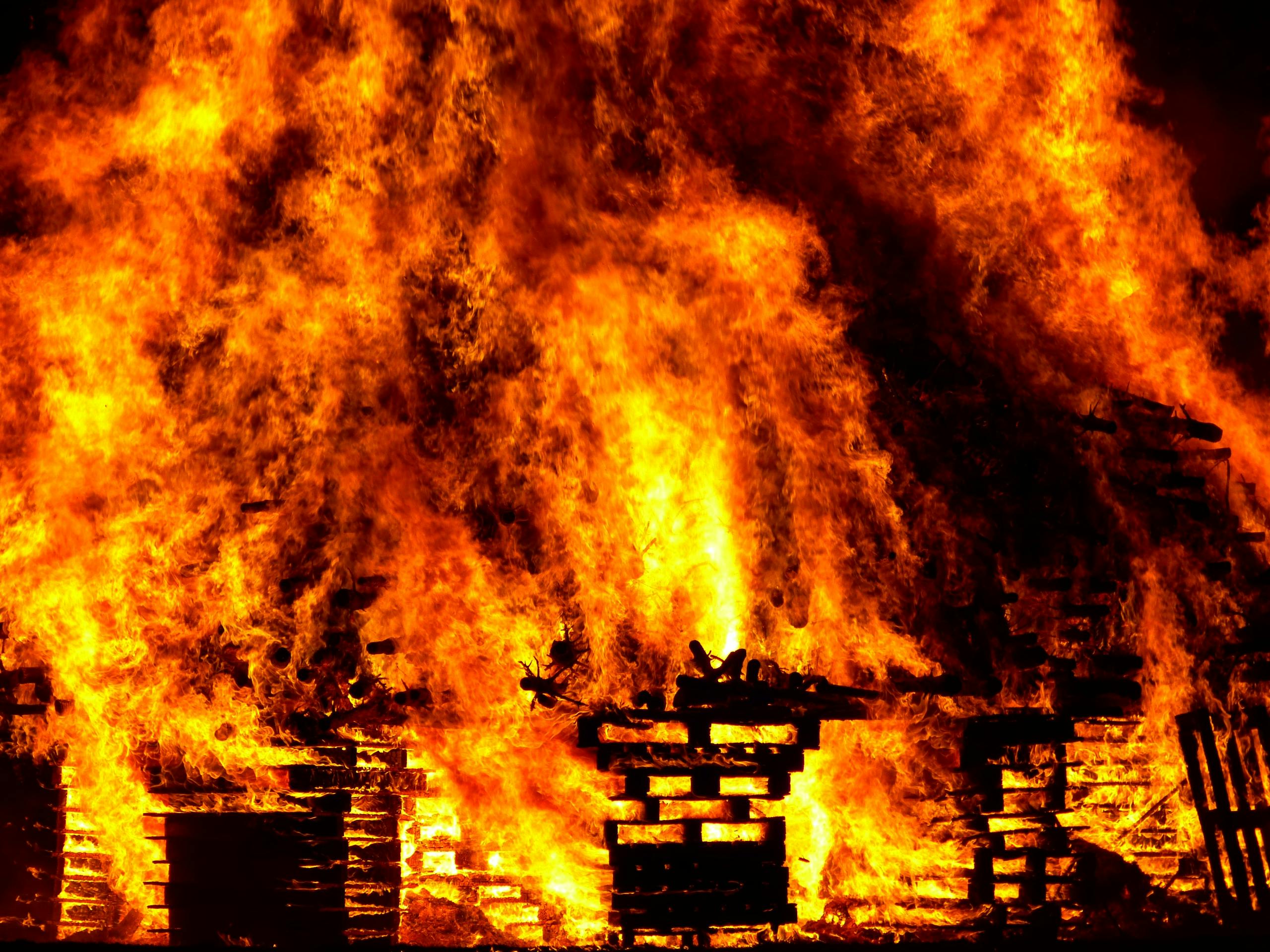Is Arson a Felony? The Truth That Could Burn Your Future
Blazing Arson Statistics That’ll Make You Feel the Heat
Before we fan the flames of this topic, let’s look at some fiery facts:
- 😱 There are about 52,000 arson cases in the US annually
- 🤯 Arson causes over $1 billion in property damage each year
- 😳 Only 20% of arson cases result in arrests
- 🙀 44% of arsonists are under the age of 18
- 😵 Cigarettes are the leading heat source in fatal fires
Feeling a bit hot under the collar? Hold onto your fire blankets, because we’re about to break down the felonious nature of arson!
Is Arson a Felony?
The short answer: Yes, arson is almost always a felony.
Let’s break it down by type:
| Arson Type | Classification | Typical Sentence |
| First Degree Arson | Felony | 10 years to life |
| Second Degree Arson | Felony | 5-20 years |
| Third Degree Arson | Felony | 1-10 years |
| Federal Arson | Federal Felony | Up to 20 years or life |
| Arson with Intent to Defraud | Felony | 5-20 years |
Remember, sentences can vary by state and circumstances. But one thing’s for sure: playing with fire is no joke in the eyes of the law!
When Playing with Fire Turns Felonious: Real-Life Arson Scenarios
Let’s look at some examples to understand what constitutes arson:
- The Vengeful Ex: John sets fire to his ex-girlfriend’s car. This is arson, likely second-degree, as it involves personal property.
- The Insurance Fraudster: Sarah burns down her failing business to collect insurance money. This is first-degree arson and insurance fraud, a double felony whammy.
- The Careless Camper: Mike accidentally starts a forest fire with an unattended campfire. While not intentional, this could still be charged as arson if gross negligence is proven.
Factors That Can Increase the Severity of an Arson Charge
Not all arsons are created equal. Here’s what can make the charges even hotter:
- Injury or Death: If anyone is hurt or killed in the fire, expect the harshest penalties.
- Type of Property: Burning occupied structures or places of worship often carry heavier sentences.
- Motive: Arson for profit or to cover up another crime can lead to additional charges.
- Use of Accelerants: Using gasoline or other accelerants shows premeditation and can increase penalties.
FAQ: Your Burning Questions Answered
- Q: What’s the difference between arson and accidental fire? A: Intent. Arson requires willful and malicious intent to set a fire or cause an explosion.
- Q: Can arson ever be a misdemeanor? A: Rarely. In some states, very minor cases (like burning a small pile of leaves) might be misdemeanors, but it’s uncommon.
- Q: If no one gets hurt, is it still a serious crime? A: Absolutely. The potential for harm, not just actual harm, makes arson a serious felony.
- Q: Can you be charged with arson for burning your own property? A: Yes, especially if it’s done to defraud insurance or if it endangers others.
- Q: Are juvenile arsonists treated differently? A: Often, yes. Juveniles may be treated more leniently, but it depends on the severity of the crime and the jurisdiction.
Conclusion: Don’t Let Your Future Go Up in Smoke
So, is arson a felony? You bet your fireproof boots it is! Arson isn’t just about property damage; it’s about the reckless endangerment of lives and the violation of public safety that elevates it to felony status in virtually every case.
The consequences of an arson conviction are severe and life-altering: substantial prison time, hefty fines, and a felony record that can impact every aspect of your future, from employment to housing. Not to mention the potential for civil lawsuits from victims.
Remember, the best way to avoid an arson charge is simple: respect fire safety and property rights. But if you find yourself facing arson charges, whether through a misunderstanding, accident, or a moment of poor judgment, don’t try to fight this legal inferno on your own.
Charged with arson? Don’t let your future go up in flames! Check out Blaze Busters Legal Defense* for expert guidance in handling serious arson charges and protecting your rights.
Always research and choose legal services carefully based on your specific needs and circumstances.







